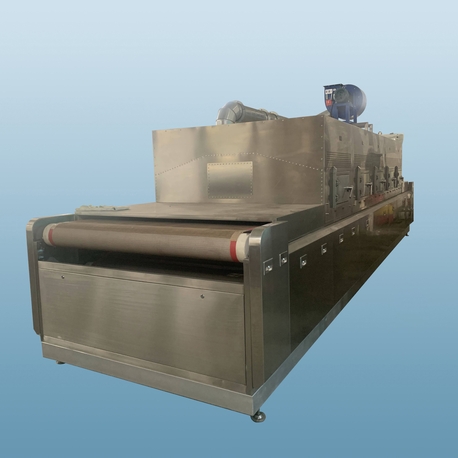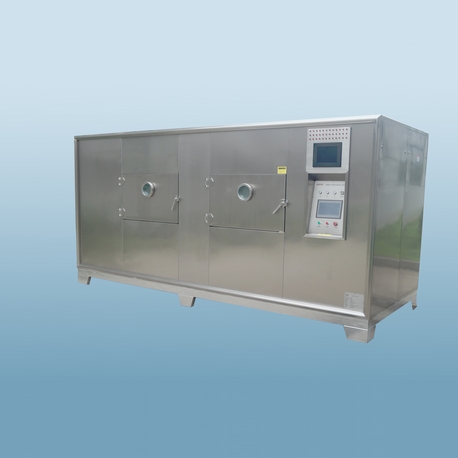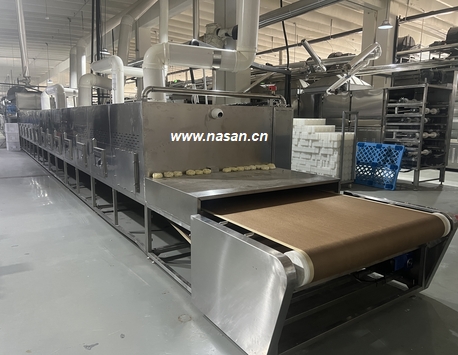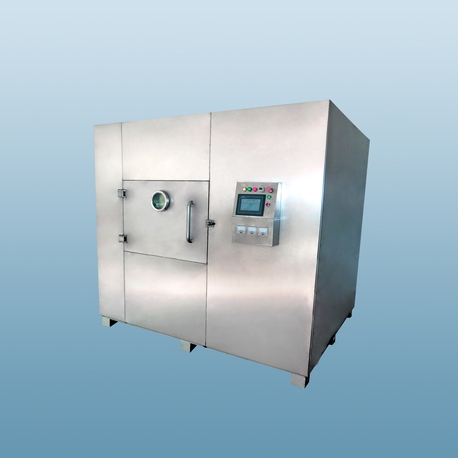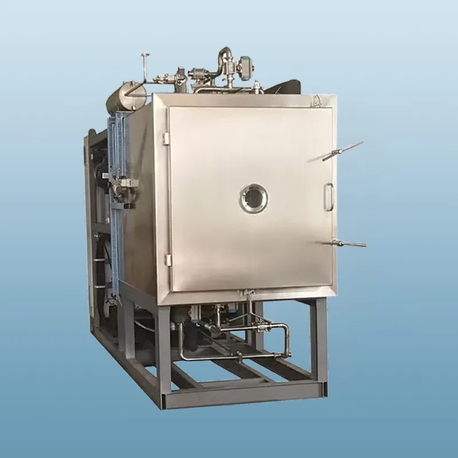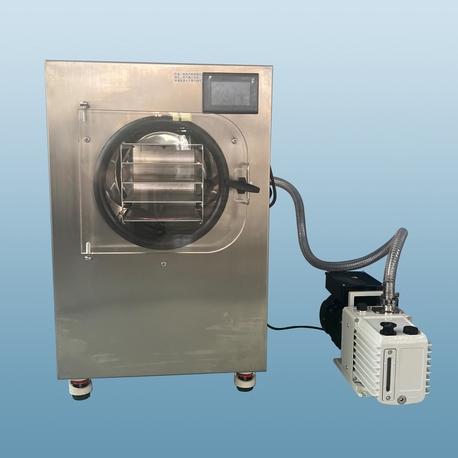When it comes to preserving mushrooms, a mushroom dehydrator is an essential tool for both home enthusiasts and commercial producers. Dehydration not only extends the shelf life of mushrooms but also concentrates their flavor, making them ideal for culinary use, supplements, and storage. However, with various options available, from simple mushroom drying machine units to advanced industrial mushroom dryer systems, choosing the right equipment can be daunting. This article delves into the world of mushroom dehydration, covering the types of machines, benefits of industrial-scale dryers, factors affecting industrial mushroom dryer price, and key mushroom drying equipment manufacturers. We'll also address common problems faced during the drying process and provide practical solutions. Whether you're a small-scale grower or a large processing facility, this comprehensive guide will help you make informed decisions.
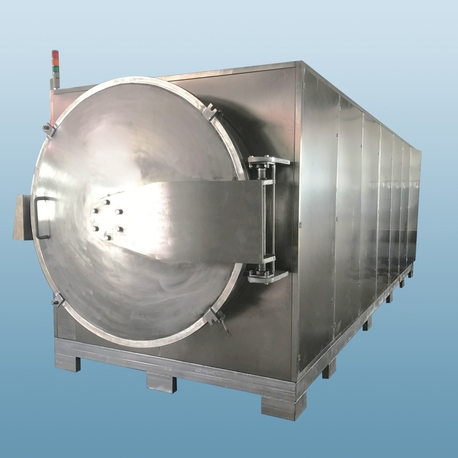
Understanding Mushroom Dehydrators and Their Role in Preservation
A mushroom dehydrator is a device designed to remove moisture from mushrooms through controlled airflow and heat, typically operating at low temperatures to preserve nutrients and texture. This process inhibits microbial growth, preventing spoilage while maintaining the mushrooms' nutritional value. Dehydration is superior to other methods like canning or freezing because it reduces weight and volume, making storage and transportation more efficient. For instance, drying shiitake or morel mushrooms can reduce their weight by up to 90%, which is crucial for commercial sales.
The importance of using a dedicated mushroom drying machine cannot be overstated. Unlike oven drying, which can be uneven and energy-intensive, a proper dehydrator ensures consistent results. Modern units come with features like adjustable temperature settings, timers, and multiple trays, allowing for customization based on mushroom type and thickness. In an industrial context, dehydration is a key step in producing dried mushrooms for global markets, which are valued for their use in soups, sauces, and health products. As demand for organic and sustainably produced foods grows, investing in reliable dehydration technology becomes increasingly vital for businesses aiming to meet quality standards.
Moreover, a mushroom dehydrator is not just for food preservation; it also plays a role in waste reduction. By drying excess or imperfect mushrooms, producers can minimize loss and create value-added products. This is particularly relevant in regions with seasonal harvests, where dehydration allows for year-round supply. In summary, understanding the basics of mushroom dehydrators sets the foundation for exploring more advanced options, such as industrial systems, which we'll cover in subsequent sections.
Types of Mushroom Drying Machines: From Home Use to Industrial Scale
Mushroom drying machines vary widely in size, capacity, and technology, catering to different needs. At the basic level, home-use mushroom dehydrator models are compact, often with 5-10 trays, and are ideal for small batches. These units typically use convective heating with fans to circulate air, ensuring even drying. Brands like Excalibur or Nesco offer affordable options for enthusiasts drying wild-harvested or garden-grown mushrooms. However, for larger volumes, a more robust mushroom drying machine is necessary.
Moving up the scale, commercial-grade dehydrators handle medium batches and are commonly used by small farms or specialty food businesses. These models feature larger tray areas, stainless steel construction for hygiene, and enhanced airflow systems. They bridge the gap between home and industrial use, offering better efficiency than home units but at a lower cost than full-scale industrial systems. For example, a commercial mushroom drying machine might process 10-50 pounds of mushrooms per cycle, making it suitable for farmers' markets or local distributors.
At the top end, an industrial mushroom dryer is designed for high-volume processing, often handling hundreds of pounds daily. These systems incorporate advanced technologies like heat pump drying, vacuum drying, or continuous belt dryers, which optimize energy use and reduce drying time. Industrial units are built for durability and often include automation features, such as programmable controls and humidity sensors, to maintain consistent quality. They are essential for large-scale operations, such as mushroom farms supplying international markets. When selecting a mushroom drying machine, it's important to consider factors like throughput, energy efficiency, and the specific mushroom varieties being dried, as delicate types like enoki may require gentler settings than meaty portobellos.
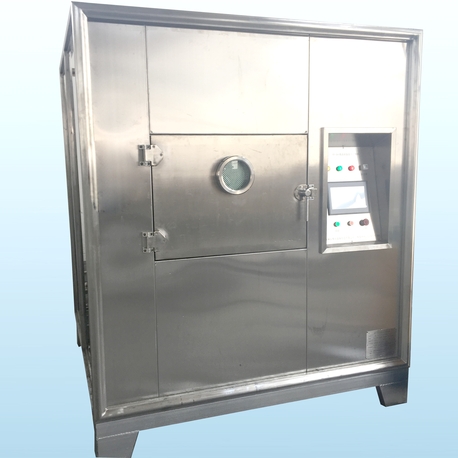
Benefits of Investing in an Industrial Mushroom Dryer
An industrial mushroom dryer offers numerous advantages over smaller units, particularly for businesses focused on efficiency and scalability. First and foremost, these systems provide high throughput, enabling processors to dry large quantities of mushrooms quickly. This is critical for meeting tight harvest schedules and minimizing backlog. For instance, a high-capacity industrial mushroom dryer can process several hundred kilograms per day, reducing the risk of spoilage and ensuring a steady supply chain.
Energy efficiency is another key benefit. Modern industrial mushroom dryer models often use heat pump technology or solar-assisted drying, which can cut energy consumption by up to 50% compared to traditional methods. This not only lowers operational costs but also aligns with sustainable practices, appealing to eco-conscious consumers. Additionally, industrial dryers offer superior consistency in moisture removal, which is vital for product quality. Uneven drying can lead to mold growth or texture issues, but industrial systems with precise controls eliminate such problems, resulting in uniformly dried mushrooms that command higher prices in the market.
Durability and low maintenance are also hallmarks of a well-designed industrial mushroom dryer. Constructed from food-grade stainless steel, these machines withstand harsh environments and frequent use, reducing downtime. Many manufacturers offer customization options, allowing businesses to tailor the dryer to their specific needs, such as adding extra trays or integrating with existing processing lines. Overall, investing in an industrial mushroom dryer can lead to long-term savings, improved product quality, and enhanced competitiveness. As we explore factors affecting price in the next section, it becomes clear that the initial investment is often justified by these benefits.
Factors Influencing Industrial Mushroom Dryer Price
The industrial mushroom dryer price can vary significantly, ranging from a few thousand dollars for basic models to over $50,000 for advanced systems. Understanding the factors behind this variation helps buyers make cost-effective choices. Capacity is a primary determinant; larger dryers with higher throughput command higher prices. For example, a small industrial mushroom dryer processing 100 kg per batch might cost $5,000-$10,000, while a unit handling 500 kg could exceed $20,000. It's essential to assess production needs accurately to avoid over- or under-investing.
Technology and features also impact the industrial mushroom dryer price. Basic convective dryers are more affordable but less efficient, whereas heat pump or vacuum dryers offer better performance at a premium. Additional features like automated controls, remote monitoring, or energy recovery systems add to the cost but can improve ROI through savings on labor and utilities. Material quality is another factor; stainless steel construction, while more expensive, ensures hygiene and longevity, reducing maintenance costs over time.
Brand reputation and after-sales support play a role too. Established mushroom drying equipment manufacturers often charge more for their products but provide warranties, training, and spare parts, which minimizes downtime. Geographic factors, such as shipping costs and import duties, can also affect the final price. Buyers should request quotes from multiple suppliers and consider total cost of ownership, not just the initial purchase. In some cases, financing options or government grants for agricultural equipment can make an industrial mushroom dryer more accessible. By weighing these factors, businesses can find a dryer that balances cost with performance.
Top Mushroom Drying Equipment Manufacturers in the Market
Choosing a reliable manufacturer is crucial when investing in dehydration technology. Several mushroom drying equipment manufacturers have built reputations for quality and innovation. For instance, companies like Sri Lanka-based Udaya Industries or China-based Zhengzhou Yonghua Machinery are known for producing durable industrial mushroom dryer systems at competitive prices. These manufacturers often offer customizable solutions, catering to specific client needs, such as modular designs for easy expansion.
In Europe and North America, manufacturers like Harvest Saver and BioDehydrator focus on energy-efficient models, incorporating advanced technologies like heat pumps. These mushroom drying equipment manufacturers emphasize sustainability and compliance with food safety standards, such as ISO and HACCP certifications. When evaluating manufacturers, it's important to consider their experience in the mushroom industry, as specialized knowledge ensures the equipment is optimized for delicate fungal products.
Customer support is a key differentiator among mushroom drying equipment manufacturers. Look for providers offering installation services, training, and readily available spare parts. Reading reviews and seeking references can help assess reliability. Additionally, some manufacturers provide trial periods or demo units, allowing buyers to test performance before committing. By partnering with a reputable manufacturer, businesses can ensure their mushroom dehydrator investment pays off in the long run through reliable operation and minimal disruptions.
Common Problems with Mushroom Dehydrators and How to Solve Them
Despite their benefits, mushroom dehydrator users often encounter issues that affect efficiency and product quality. One common problem is uneven drying, where some mushrooms remain moist while others become overly brittle. This is frequently caused by improper loading or inadequate airflow. To solve this, ensure trays are not overcrowded and that the mushroom drying machine has a well-designed fan system. Rotating trays during the cycle can also promote uniformity.
Another issue is energy inefficiency, particularly in older industrial mushroom dryer models. High electricity bills can erode profits, but upgrading to energy-efficient technologies like heat pumps can mitigate this. Regular maintenance, such as cleaning filters and checking seals, also improves efficiency. Mold growth is a serious concern if humidity isn't controlled; using a dryer with built-in humidity sensors and ensuring proper pre-drying preparation (e.g., slicing mushrooms evenly) can prevent this.
Equipment failure, such as heater malfunctions or fan breakdowns, is another challenge. This underscores the importance of choosing reliable mushroom drying equipment manufacturers that offer warranties and support. For DIY fixes, keep a maintenance log and train staff on basic troubleshooting. Lastly, for those concerned about industrial mushroom dryer price, consider leasing options or used equipment from reputable sources to reduce upfront costs. By addressing these problems proactively, users can maximize the lifespan and performance of their dehydrators.
In summary, a mushroom dehydrator is a versatile tool that caters to a range of needs, from home kitchens to large-scale industrial operations. Understanding the different types of mushroom drying machine options, the benefits of industrial mushroom dryer systems, and the factors affecting industrial mushroom dryer price is essential for making informed decisions. Partnering with reputable mushroom drying equipment manufacturers ensures quality and support, while being aware of common problems helps maintain efficiency. As the demand for dried mushrooms continues to grow, investing in the right dehydration technology can enhance product quality, reduce waste, and boost profitability. Whether you're starting small or scaling up, this guide provides a solid foundation for navigating the world of mushroom dehydration.



